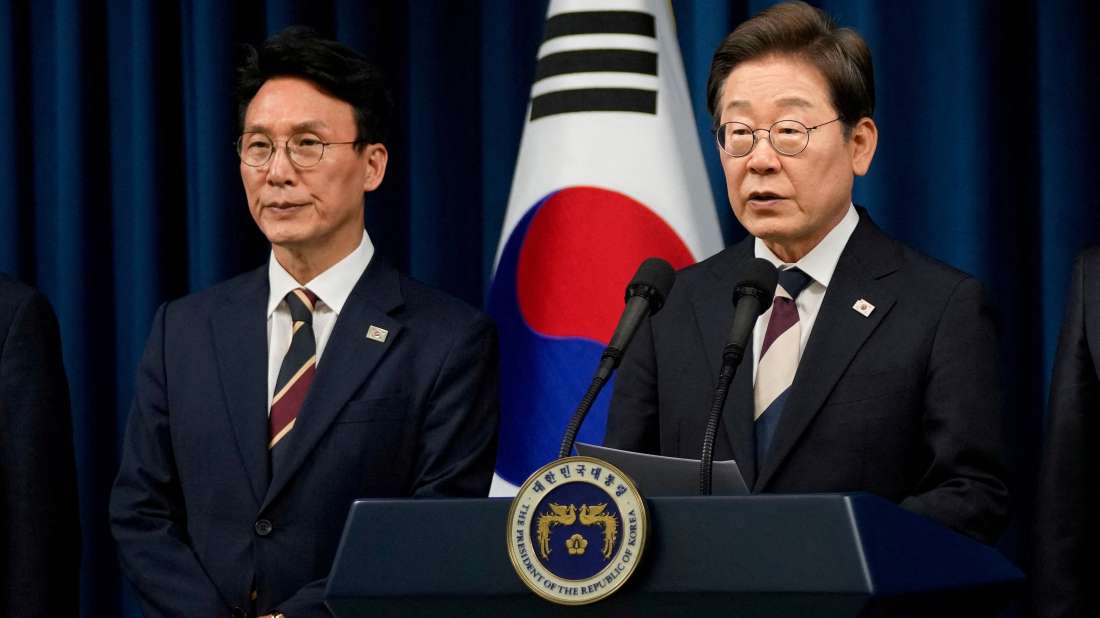South Korean President Urges North Korea to Resume Family Reunions
On Friday, South Korean President Lee Jae Myung called on North Korea to consider resuming reunions for families separated by the Korean War (1950-1953). The plea comes as part of efforts to promote humanitarian cooperation between the two nations.
Lee's Call for Humanitarian Consideration
Speaking ahead of Chuseok, a major mid-autumn thanksgiving holiday in Korea, President Lee expressed his hope for eased tensions and renewed cooperation between the two Koreas. He met with elderly South Koreans who have relatives in North Korea, emphasizing the importance of allowing separated families to communicate and exchange letters. President Lee stated that facilitating communication is a "political responsibility" for both Koreas, viewing it from a humanitarian perspective.
The Plight of Separated Families
The issue of separated families remains a pressing concern. Since 1988, over 134,000 South Koreans have registered to participate in reunions. However, as of August, only 35,311 were still alive, with approximately two-thirds being over the age of 80. Time is of the essence for these individuals hoping to reconnect with their long-lost relatives in North Korea.
Past Reunions and Current Relations
North and South Korea have held 21 family reunions since 2000. The most recent reunion occurred in August 2018 during a period of improved inter-Korean relations. Unfortunately, relations have deteriorated in recent years. In February, North Korea dismantled a facility at Mount Kumgang used for these reunions, signaling a further decline in relations.
Efforts to Reduce Tensions
President Lee has been making efforts to reduce tensions since assuming office in June. His administration has taken conciliatory steps, such as removing propaganda loudspeakers from border areas. In a recent address to the U.N. General Assembly, President Lee unveiled a peace initiative aimed at fostering engagement and normalization with the North. He continues to advocate for a resumption of dialogue and cooperation between the two Koreas, focusing on humanitarian issues like family reunions.
 Visit the website
Visit the website







